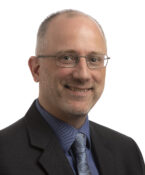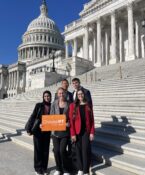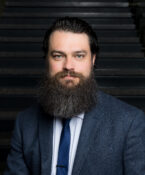Immunotherapy research makes cancer treatment easier on kids
| Stephen Mathew, PhD |
Today more than 75 percent of children with leukemia are cured, but survival often comes at a cost. The very drugs that save lives can cause severe side effects later.
To reduce those risks, researchers at UNT Health Science Center are studying ways to use a patient’s own immune system to destroy cancer cells. Once viewed with skepticism, this approach is showing great promise in the treatment of multiple myeloma, melanoma and other cancers.
The Cancer Research Institute has named June Cancer Immunotherapy Month. Supporters are urged to wear white on Friday as part of White Out Cancer Day.
The benefits of immunotherapy are especially important for children with acute lymphoblastic leukemia (ALL), which typically strikes between the ages of 2 and 5. Although ALL has a high survival rate, the drugs used to treat it are very harsh, said Stephen Mathew, PhD, Assistant Professor of Cell Biology & Immunology.
"Just imagine giving a 2-year-old baby all of these toxic chemicals," Dr. Mathew said. "Yes, the cure rate is high, but at what cost?"
With immunotherapy, the child’s immune system is revved up to attack cancer cells, while sparing healthy ones. While the approach might sound simple, the immune system is very complex, Dr. Mathew said.
He is collaborating with Paul Bowman, MD, Chairman of Pediatrics, and Porunelloor Mathew, PhD, Vice Chairman Cell Biology & Immunology, for a study on ALL.
So far much of the immunotherapy research has focused on T cells, which kill infected cells and regulate the immune system, and B cells, which are involved in the production of antibodies, Dr. Mathew said.
But UNTHSC researchers are taking a different approach.
"Our lab is working on NK cells, which are the first line of defense against cancer, bacterial and virally infected cells," Dr. Mathew said. "An antibody developed against one of the NK cell receptors, discovered in our lab, is currently in clinical trials for multiple myeloma."
The hope is to translate basic science findings into therapeutic interventions for patients.
"With immunotherapy, we are not using harsh chemicals. We’re making it possible for the body to boost its own immune system," Dr. Mathew said. "Ultimately, nature has its own way of curing."





Social media